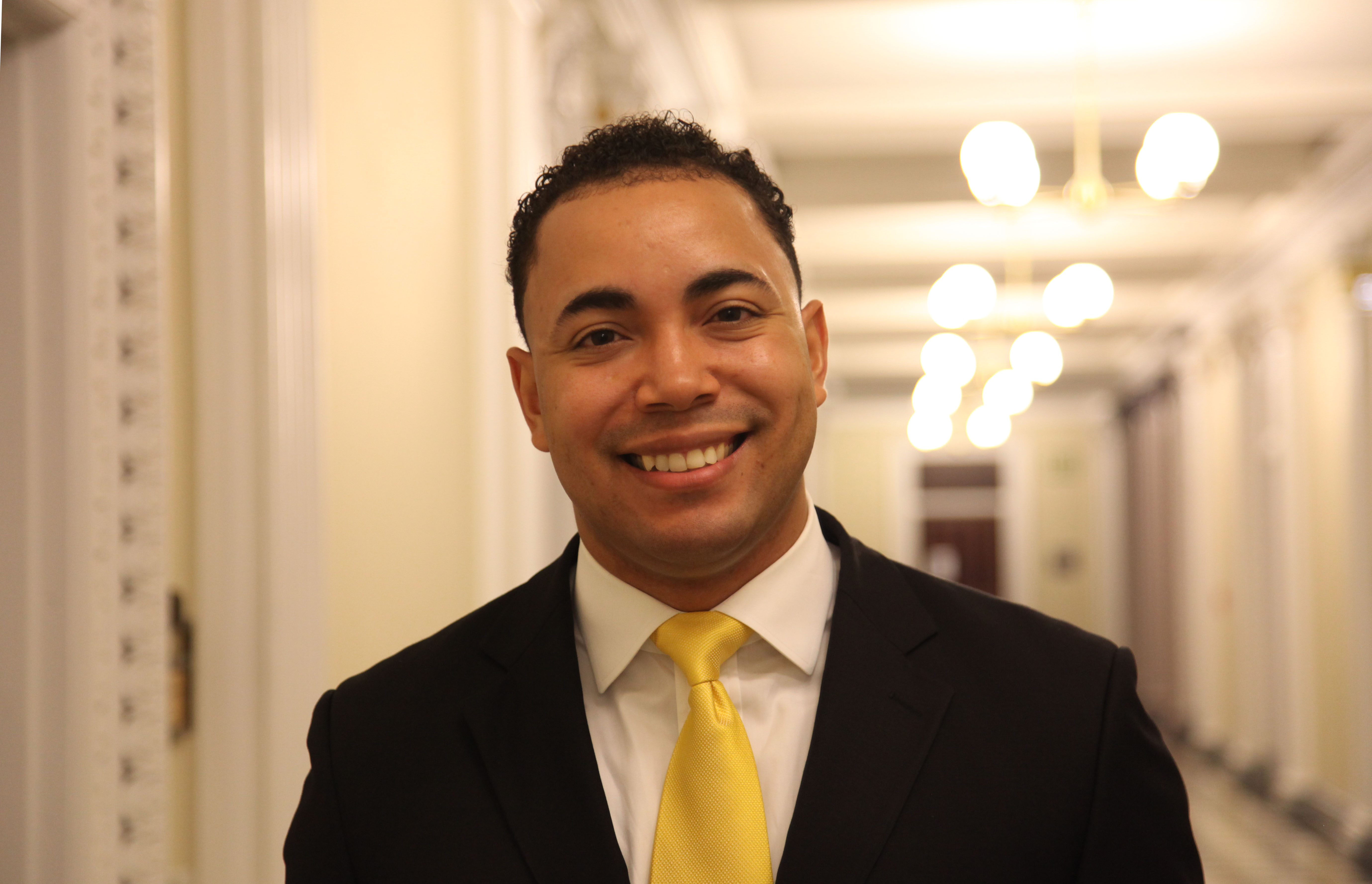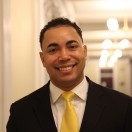
Ed. Note: Champions of Change is a weekly initiative to highlight Americans who are making an impact in their communities and helping our country rise to meet the many challenges of the 21st century.
On Thursday, October 13, 2011, I had the tremendous honor and privilege of being recognized as a “Champion of Change” and served on a panel alongside advocates who have devoted their lives to serving the underserved in our country. During the panel law students from across the nation posed well informed questions regarding America’s justice gap. Although each question demanded its own response, one of the themes that emerged is that we need all hands on deck if America is going to fulfill her promise of justice for all. A starting point for that ‘all hands on deck’ blueprint is below.
Remove Barriers that Force our Legal Aid Attorneys to Work Inefficiently:
Legal services organizations that receive funding from the Legal Services Corporation are restricted from bringing class-actions or using their expertise to influence legislators to vote for policies that help our communities (lobbying). Those two tools are the only way to create the systemic change that our communities need. Without them, legal aid attorneys are forced to represent one client at a time. Not only is that an inefficient use of resources, it does not produce the larger scale changes that justice warrants and our communities need. If Congress amends the LSC appropriations rider from 1996, these restrictions can be removed at no cost and our communities will immediately have greater access to justice.
Create the Expectation for Law Students to Learn by Doing:
Every law school should require their students to participate in one of the school’s clinics, practicum options or externships so that students can help meet unmet legal needs while honing their legal skills. On the extra-curricular level, schools should require a minimum of 30 hours of public service (10 hours a year) so that students can get more insight into the struggles that our communities endure and, hopefully, cultivate an ethic of service that will stay with them throughout their legal career.
Do Not Wait to Graduate to Advocate:
Law students: the legal community and our communities need your time, your enthusiasm, your compassion, and your research, writing and communication skills to help close this justice gap. You don’t have to wait until you graduate to be of service to our communities. Even now, you can organize service trips, provide know-your-rights workshops, protect and strengthen our democracy via voter registration and protection efforts, or reach out to legal service or volunteer organizations to see what you can do to help. If there is no organization that is doing the work you feel needs to be done: create one. For example, a friend of mine and I didn’t think there was enough exposure bring brought to the struggles of our community via film so next year we will have a film festival aimed at remedying that.
All Hands on Deck:
Right now, as you read this, advocates like the ones on October 13, 2011, are in the trenches fighting the injustice that infests our communities. We can’t win this fight without you, each of you: Congress, the ABA, Federal and State governments, private attorneys, law schools and law students. We need you. Our communities need you. Join us.
Todd Belcore is an Equal Justice Works Fellow (sponsored by Greenberg Traurig) at the Sargent Shriver Center on Poverty Law, focusing on litigating, organizing, educating, and crafting legislation to ensure that individuals with criminal records are not unjustly denied employment or occupational licenses.



